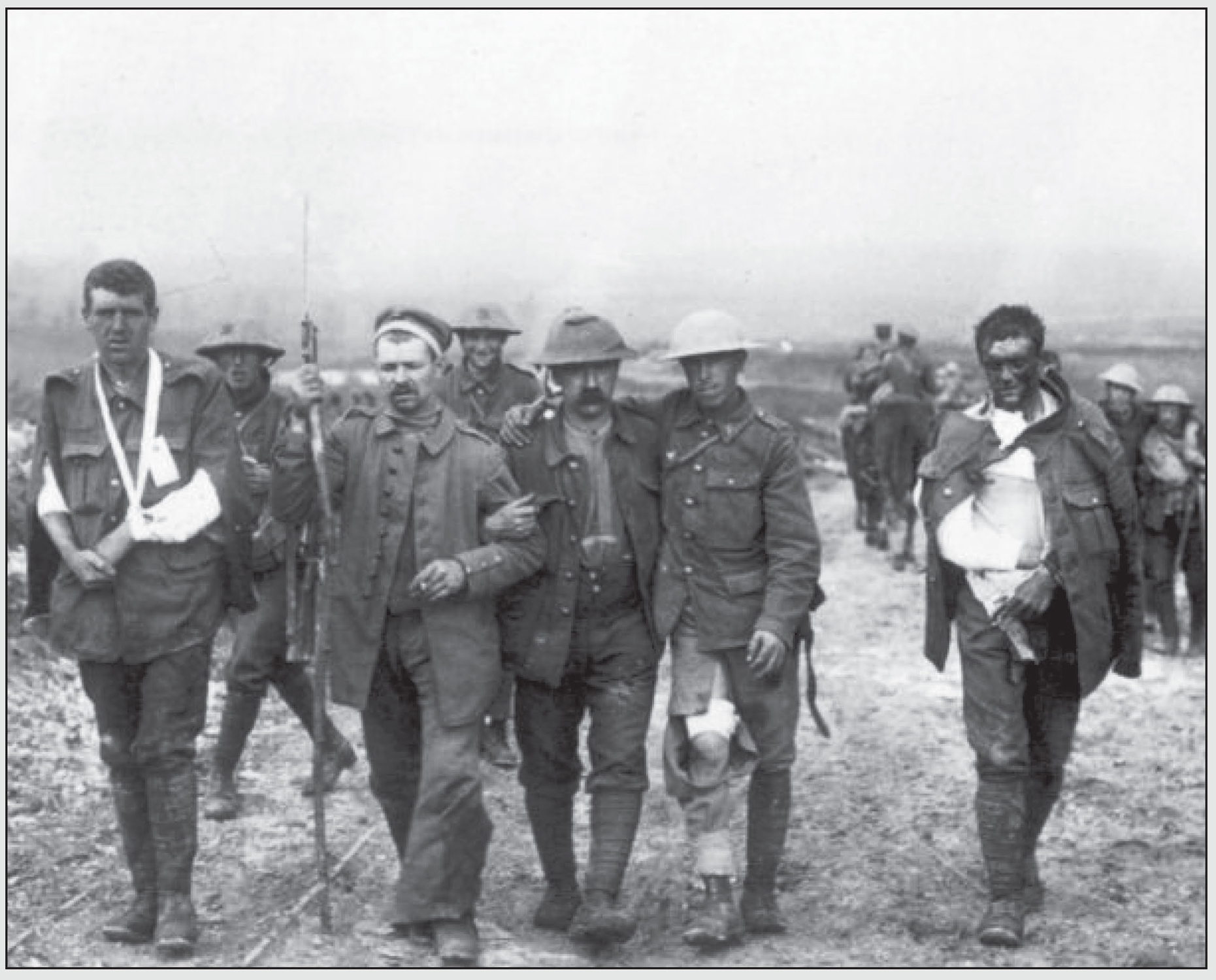
A German soldier helps British wounded make their way to a first-aid station during the Battle of the Somme, July 1916.
The poem Lost in France by Ernest Rhys is reprinted here with the kind permission of Stephen Rhys.
Clarion Books
215 Park Avenue South,
New York, New York 10003
Copyright 2010 by Russell Freedman
All rights reserved.
For information about permission to reproduce selections from this book, write to Permissions, Houghton Mifflin Harcourt Publishing Company, 215 Park Avenue South, New York, New York 10003.
Clarion Books is an imprint of Houghton Mifflin Harcourt Publishing Company.
www.hmhco.com
The Library of Congress has cataloged the print edition as follows:
Freedman, Russell.
The war to end all wars : World War I / by Russell Freedman.
p. cm.
ISBN 978-0-547-02686-2
1. World War, 19141918Juvenile literature. I. Title.
D522.7.F74 2010
940.3dc22
2009028971
eISBN 978-0-547-48737-3
v1.0215
In memory of my father, Louis Nathan Freedman, who served with the U.S. Seventh Infantry Division in Alsace-Lorraine, France, 1918
There were great numbers of young men who had never been in a war and were consequently far from unwilling to join in this one.
T HUCYDIDES, FIFTH CENTURY B.C.
The Great War
Those who lived through World War I called it the Great War because of its massive scale: some two dozen countries joined the conflict, which swept across continents and killed perhaps 20 million people.
This was the first full-scale war in which modern weapons inflicted mass slaughter. Long-range artillery, rapid-fire machine guns, poison gas, flamethrowers, tanks, and airplanes that bombed and strafed introduced new kinds of terror and record levels of suffering and death. It was the bloodiest conflict the world had ever seen. The survivors sought comfort in the belief that this terrible war surely would be the last. By the time the exhausted combatants finally laid down their arms, the Great War was also known as the War to End All Wars. Of course, it wasnt known as World War I until the outbreak of a second world war in 1939.
Mighty empires collapsed as a result of the fighting. New nations came into being. And the wars aftershocks are still being felt today. The Russian Revolution, the rise of Hitler, Americas emergence as a world power, the Second World War, and continuing turmoil in the Middle East all have their roots in the First World War. More than that, this war changed forever the way wars are fought and the way people think about the use of military power.
World War I inspired a flood of poems, novels, memoirs, songs, plays, and films that attempted to capture the horrors of modern warfare and the anguish and grief that follow in its wake. David Lloyd George, a future prime minister of Great Britain, said at the time that if the war could just once be described in honest and accurate language, people everywhere would demand that the fighting be stopped.
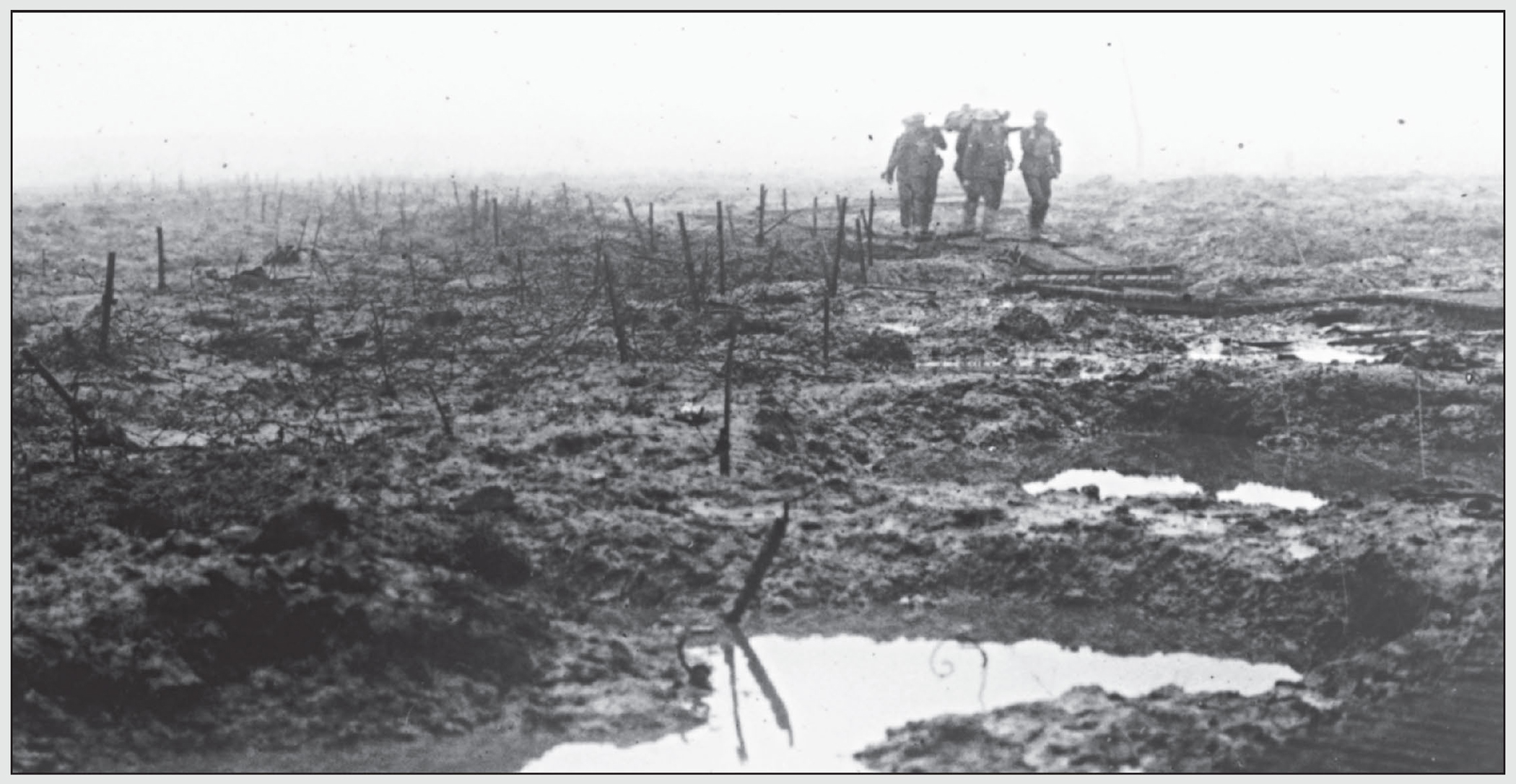
Canadian stretcher-bearers bring in a wounded soldier.
Lost in France
He had the ploughmans strength
in the grasp of his hand;
he could see a crow
three miles away,
and the trout beneath the stone.
He could hear the green oats growing,
and the southwest wind making rain.
He could hear the wheel upon the hill
when it left the level road.
He could make a gate, and dig a pit,
and plough as straight as stone can fall.
And he is dead.
E RNEST R HYS (1924)
Murder in Sarajevo
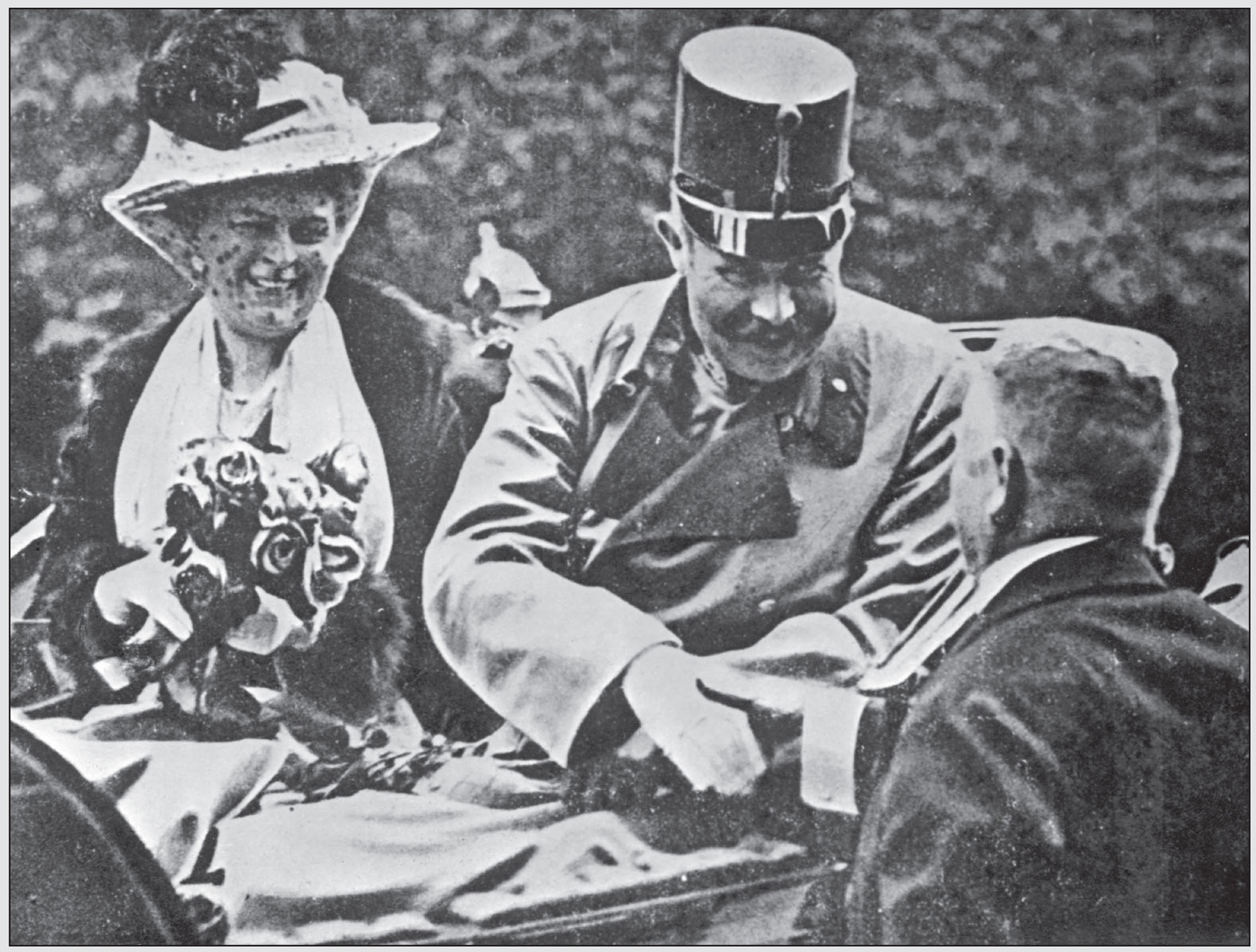
Archduke Franz Ferdinand and his wife, Sophie, set out in their motorcade in Sarajevo on the morning of the assassination, June 28, 1914.
It was a perfect day for a parade. Crowds lined the parade route, waiting to catch a glimpse of Archduke Franz Ferdinand, heir to the imperial throne of Austria-Hungary, seat of the thousand-year-old Hapsburg Empire. Smiling expansively and nodding to the crowd, the archduke was riding in an open car through the streets of Sarajevo on the fateful Sunday morning of June 28, 1914. Sophie, his wife, sat beside him, wearing a broad-brimmed hat to shield her cheerful, plump face from the summer sun.
Franz Ferdinand had brushed aside warnings that his visit was unwelcome and that his presence in Sarajevo might in fact be dangerous. Sarajevo was the capital of Bosnia, a rebellious province recently annexed by Austria-Hungary, usually referred to simply as Austria. The people of Bosnia included a large number of Serbs, who resented being ruled by foreigners. They wanted to free Bosnia from Austrian domination and make the province part of the independent Kingdom of Serbia, their own national state.
Scattered among the crowds that morning were six young terrorists. Five of them were teenagers, university students of Serbian descent who had been born and raised in Bosnia. All were members of a revolutionary organization called Young Bosnia. They had been recruited, trained, and armed by the Black Hand, a secret group dedicated to the expansion of the Kingdom of Serbia and the liberation of all Serbs living under foreign rule. Their mission was to strike a blow against Austria and the Hapsburg monarchy by assassinating Archduke Franz Ferdinand. Their battle cry was Death to the tyrant!
As the terrorists waited in the crowd, events were spinning crazily out of control. The leader of the Black Hand, known by the code name Apis, had masterminded the assassination plot. Now he was having second thoughts. An assassination, he feared, might lead to war between little Serbia and its powerful neighbor Austria. Apis dispatched a message to the terrorists, ordering them to abandon their plan. But it was too late. The assassins were dead set on moving forward. One of them would later tell an interviewer that in going to Sarajevo he only wanted to die for his ideals.
And while the terrorists did not know it, the man they intended to kill was actually sympathetic to their cause. Franz Ferdinand was to eventually inherit the Hapsburg crown from his eighty-three-year-old uncle, Emperor Franz Joseph, and he planned to give the Bosnian Serbs a greater voice in the Austro-Hungarian government.
As the imperial motorcade drove toward Sarajevo City Hall, one of the terrorists hurled a small bomb at Franz Ferdinands passing car. The bomb landed in the street and exploded against the next car in the procession, spraying shrapnel and injuring two officers on the archdukes staff. After the would-be assassin was captured and the injured men were taken to a hospital, Franz Ferdinand insisted on continuing to City Hall, where he was greeted by the mayor. So you welcome your guests here with bombs? the archduke remarked with some anger.
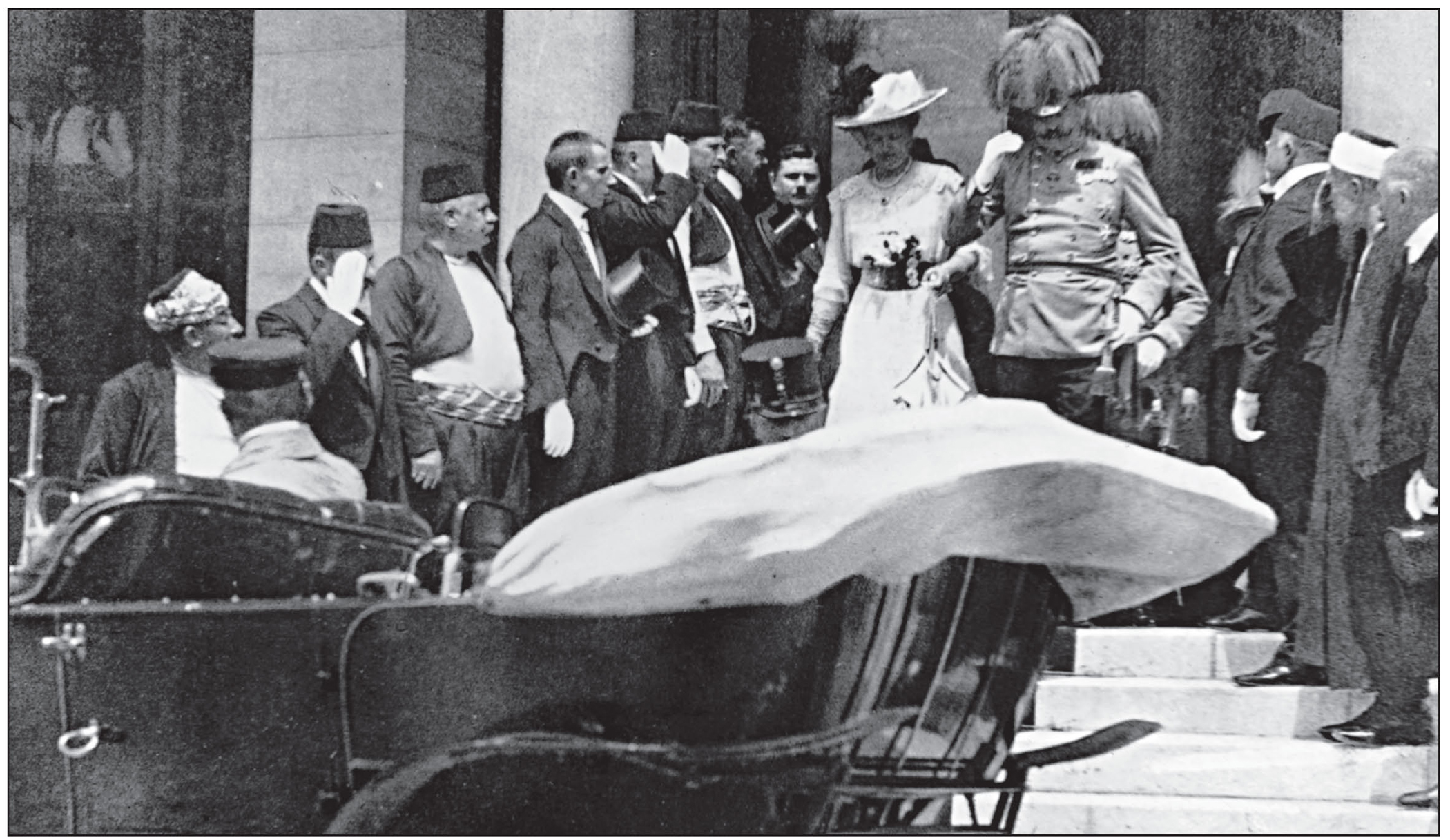
After being greeted by the mayor, Franz Ferdinand and Sophie descend the steps of Sarajevo City Hall to their waiting motorcar, a few minutes before they are shot.
At the formal welcoming ceremony, the mayor delivered his prepared speech as though nothing unusual had happened. Franz Ferdinand then asked to be driven to the hospital so he could visit the two wounded officers. He wanted his wife to stay safely behind, but Sophie insisted on accompanying him. The governor of Bosnia had assured the royal couple that the police were fully in control. There would be no further trouble, he promised. The terrorists would not dare to strike twice in one day.

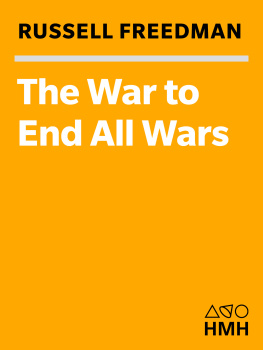
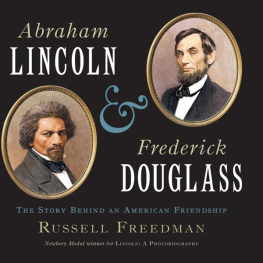



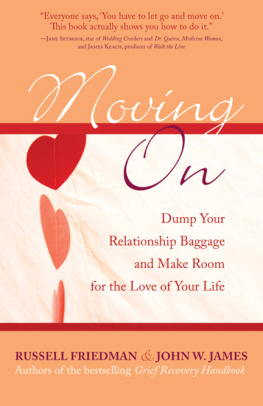
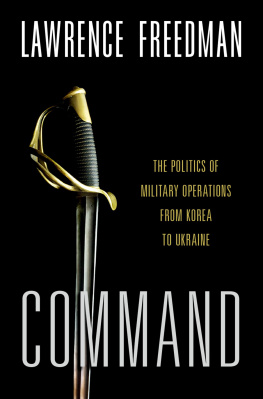
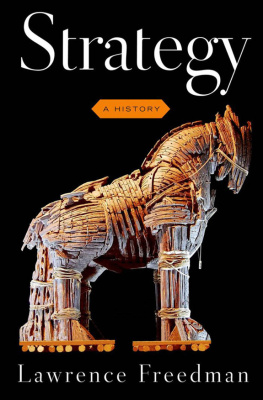
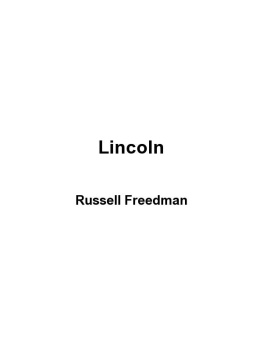
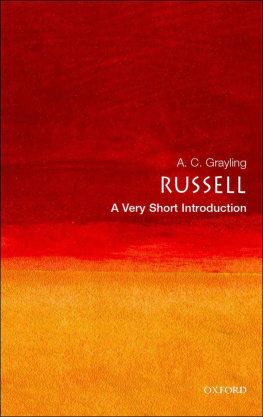
![Spencer C. Tucker - World War II [5 Volumes]: The Definitive Encyclopedia and Document Collection](/uploads/posts/book/128138/thumbs/spencer-c-tucker-world-war-ii-5-volumes-the.jpg)



